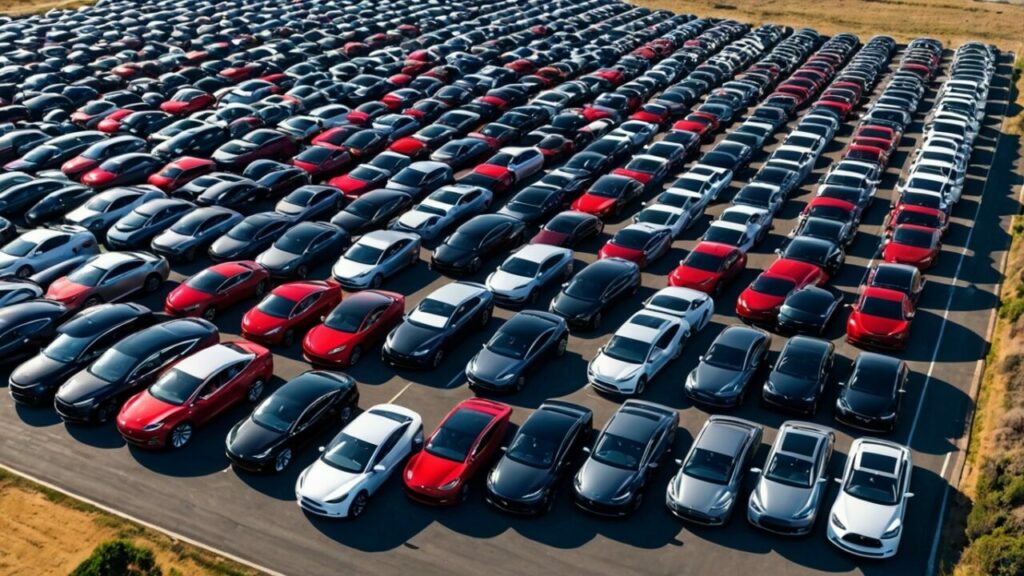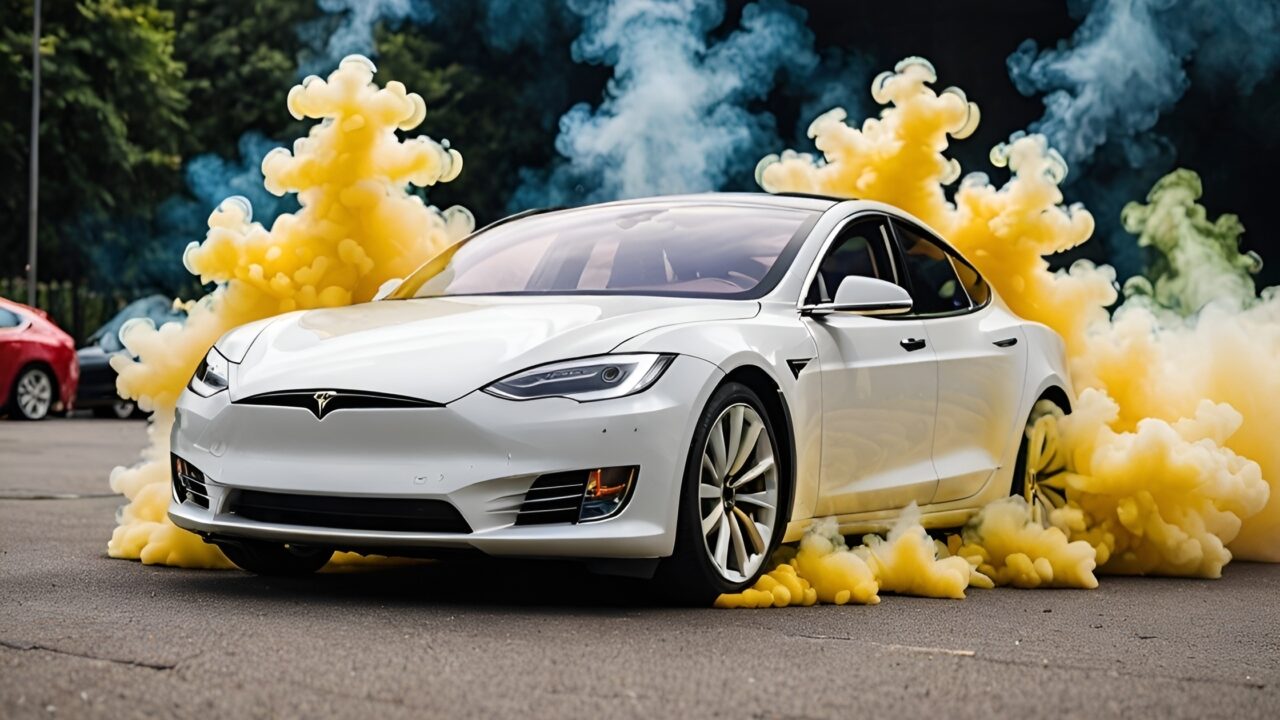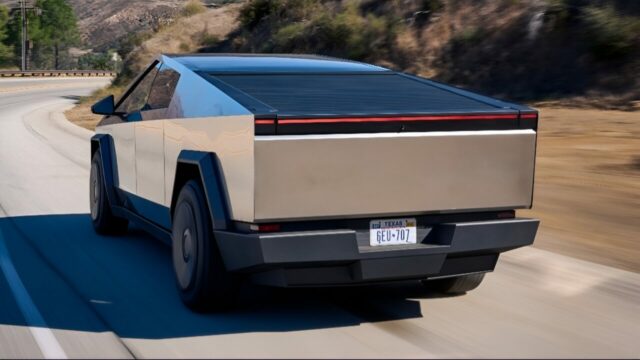While Tesla remains dominant in the electric vehicle market, it is gradually losing market share. In March, Tesla maintained its lead in the electric vehicle segment with 50,474 registrations. However, this figure represents a 12% decline compared to the same period last year. Mercedes-Benz, Kia, Hyundai, and Land Rover plan to offer hybrids and PHEVs to appeal to a broader customer base.
Tesla loses customers to competitors as the electric vehicle market expands
Tesla is still the leader in the electric vehicle segment, but competitors are slowly catching up. In 2020, over 80% of electric vehicles sold were Teslas, but this figure dropped to 52.4% in March. In March 2024, total electric vehicle registrations reached 96,385, marking a 3.8% year-over-year increase. Electric vehicle sales accounted for 7.1% of the total market, a slight increase from 6.8% in March 2023.

The biggest factor in Tesla’s decline is the drop in registrations for its cheapest model, the Tesla Model 3. Despite a major overhaul last year, Model 3 registrations fell by 61% compared to March 2023. This decline could be due to the popular sedan losing its $7,500 tax credit. However, the Performance and Long Range models are eligible for this incentive again.
According to Tom Libby from S&P Global Mobility, “We knew other brands would come with [EVs], and they have, and they are competitive.” It was predicted that Tesla’s 80% market share in the electric vehicle market would not be sustainable. However, Tesla still leads ahead of competitors like Ford (8,418), Hyundai (5,686), BMW (4,246), and Kia (3,800).
Although the growth in the electric vehicle market is slow, it is still increasing. This is good news for companies investing millions of dollars in electrification. General Motors plans to offer new plug-in hybrids by 2027. Mercedes-Benz, Kia, Hyundai, and Land Rover plan to offer hybrids and PHEVs to appeal to a broader customer base.
What do you think? Share your thoughts in the comments below.














